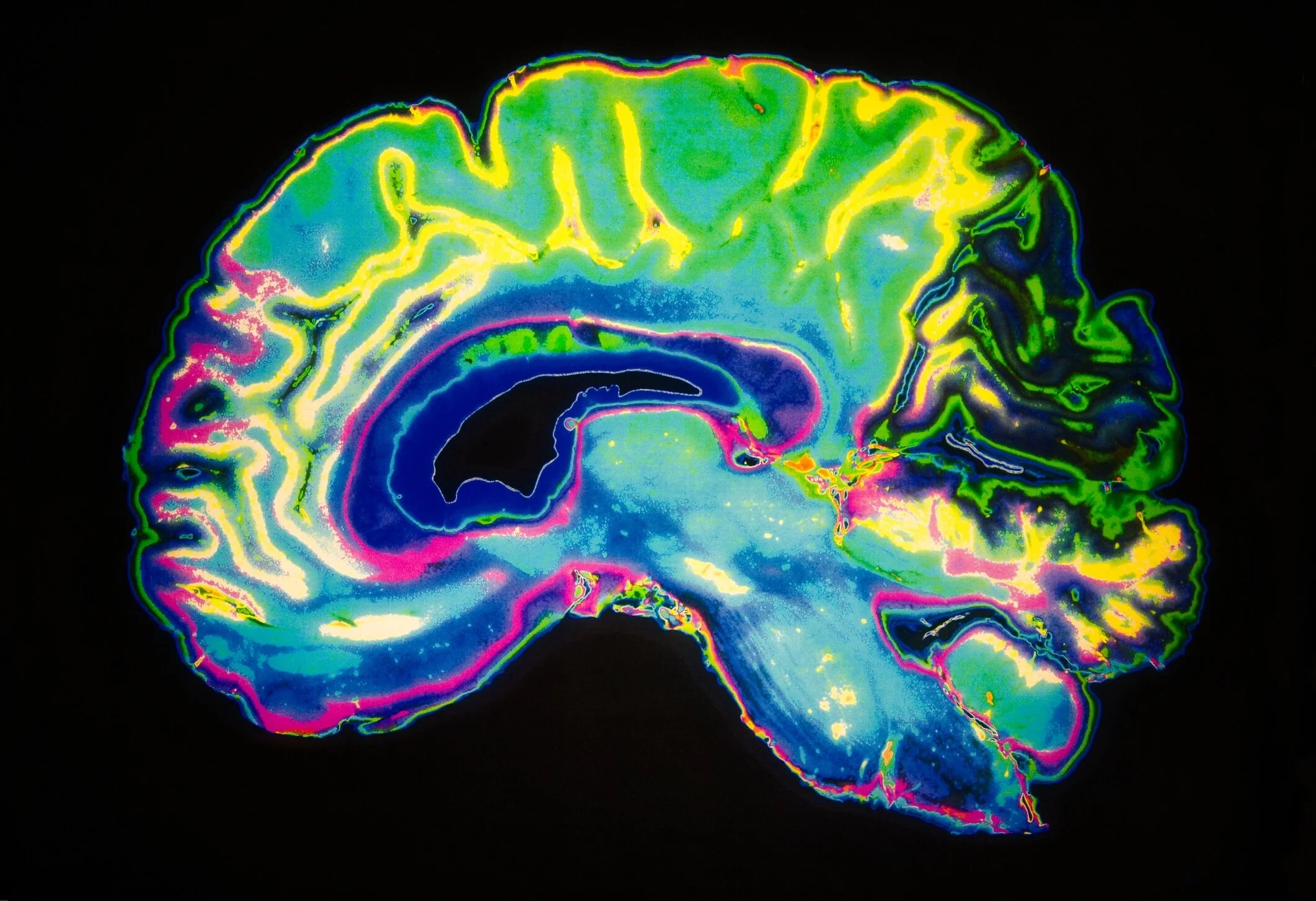Researchers warn that a large portion of COVID-19 patients remain contagious for quite some time after their symptoms have vanished
Comments and suggestions are welcome! Don't hesitate and leave them on our comment section down below the article
Image Credit: Maridav via shutterstock - HDR tune by Universal-Sci
It turns out that patients can still have the virus and remain contagious for up to 8 days after their symptoms disappeared.
Researchers warn that a large portion of COVID-19 patients remain contagious for quite some time after their symptoms have vanished. They published their findings in an article in the American Journal of Respiratory and Critical Care Medicine.
The study focused on a small group of 16 patients that were treated for a mild coronavirus infection in a Chinese hospital between late January and early February of this year. The median age of the patients was slightly over 35 years old, an age at which patients, on average, more often show mild symptoms than patients that are older.
To determine whether the patients indeed still carried the virus, scientists analyzed throat samples that were taken from them on alternate days. The study determined that approximately half of the patients continued to carry the virus even after showing no more symptoms and appeared to have recovered completely.
The patients had several symptoms, including difficulty with breathing and fever. They were treated with a variety of medications to mitigate these symptoms. The incubation period for almost all patients was five days, and the average duration of their symptoms was eight days. The period in which recovered patients still carried the virus after symptoms had seized to manifest appeared to vary widely between people. In some patients, the virus disappeared after a day, while for others, the virus remained active for up to eight days after they recovered.
Artist’s impression of SARS-CoV-2 - Image Credit: Lightspring via shutterstock - HDR tune by Universal-Sci
Dr. Lokesh Sharma from the Yale School of Medicine and co-author of the study stated the most important discovery from their research is that half of the patients kept shedding the virus even after their symptoms were gone. She added that more severe infections might bring even longer shedding times. This has not definitively been established though, as the patients that partook in the study only showed mild symptoms from the disease.
The authors of the study shared some advice based on their findings. Corresponding author, Lixin Xie MD, recommends staying at home for another two weeks after recovering from a coronavirus infection with mild symptoms to ensure that others won't be infected. In addition, the authors of the study had a specific message for the medical society stating that asymptomatic or recently recovered patients should be treated just as carefully as symptomatic COVID-19 patients.
Of course, the scientists emphasized that further investigation is needed, as their research focused solely on a small group of patients with mild symptoms. As of right now, it remains unclear whether comparable results would hold true for more susceptible patients like the elderly, patients on immunosuppressive therapies, and those with suppressed immune systems.
All things considered, further research is needed; however, medical specialists are advised to be extra careful with patients that seemingly have recovered as they might still be contagious.
Sources and further reading: Time Kinetics of Viral Clearance and Resolution of Symptoms in Novel Coronavirus Infection - The American Thoracic Society
Featured Articles:
If you enjoy our selection of content please consider following Universal-Sci on social media



















